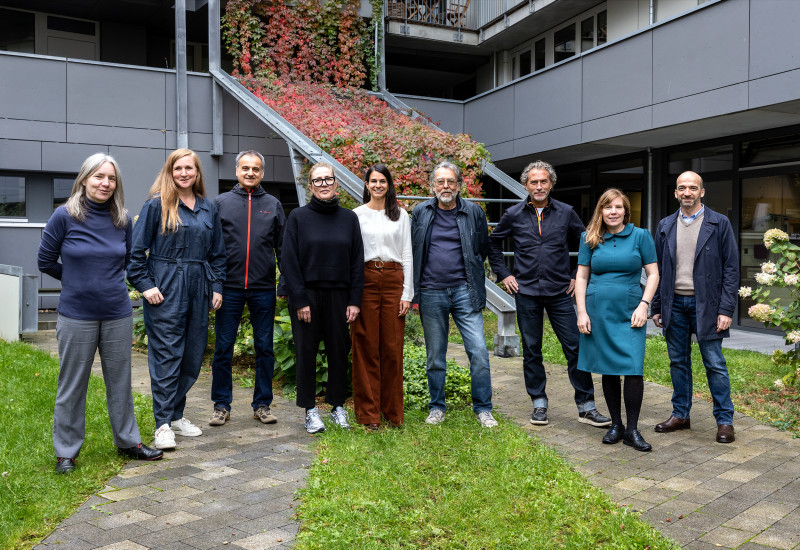The shortage of housing is a problem in many large cities and metropolitan areas. The building sector has for years failed to meet its environmental and climate targets. A position paper by the German Environment Agency (UBA) and the Commission for Sustainable Building (KNBau) at UBA investigates how affordable housing can be built without harm to the environment and human health. read more
Tackling the housing shortage with ecological answers








